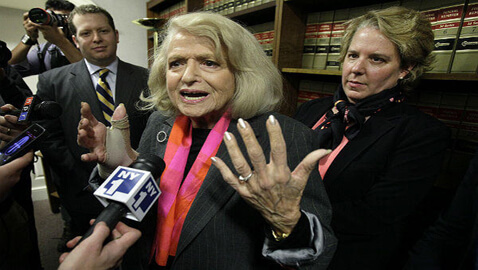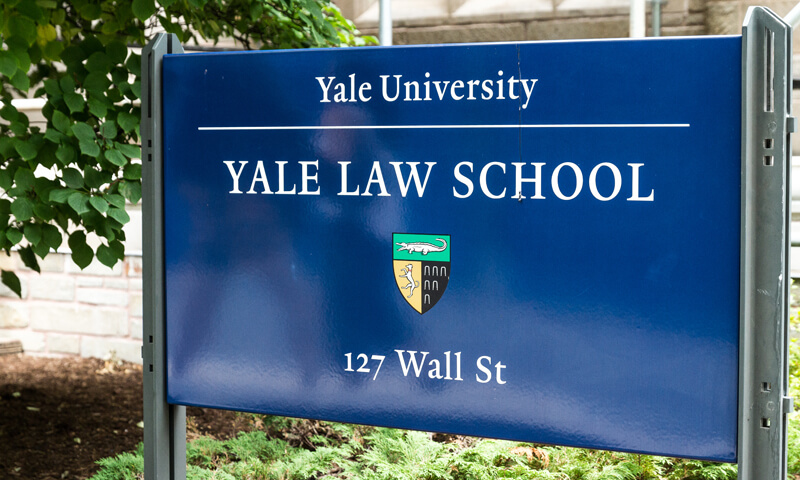
Agreeing to arguments that the federal government should not have a role in defining what is marriage, the ruling observed that the DOMA, passed in 1996, was “an unprecedented breach of longstanding deference to federalism.”
In the instant case Edith Windson, 83, had argued that the DOMA violates the equal protection provisions of the U.S. Constitution. Windsor, a former IBM computer programmer had married Thea Clara Spyer in Toronto, Canada, in 2007 after about 40 years of being engaged to one another. Spyer died in 2009 leaving her property to Windsor. However, as the DOMA did not recognize the marriage, Windsor had to shell out an extra $363,000 in federal estate taxes, which would not have been required if Windsor and Spyer’s marriage was recognized by federal law.
In his opinion, Judge Dennis Jacobs wrote, “Homosexuals are not in a position to adequately protect themselves from the discriminatory wishes of the majoritarian public … But law (federal or state) is not concerned with holy matrimony.”
In dissent, Judge Chester Straub said the federal definition of marriage should be a concern of the political process. Straub said in dissent to the majority opinion, “If this understanding is to be changed, I believe it is for the American people to do so.”
With federal district courts in California and Connecticut also having struck down DOMA, the case is now ripe for the Supreme Court to provide its review of the situation.
A group backed by the Republican majority in the U.S. House of Representatives is defending the DOMA in court. However, the lead judges in both the first and second circuits, who have rule the DOMA to be unconstitutional, are also Republicans and Bush appointees.
Brian Brown, the president of the National Organization for Marriage, the main group opposing same-sex marriage in USA, said the decision was “yet another example of judicial activism and elite judges imposing their views on the American people.”
On the other hand, supporters of same-sex marriage welcomed the decision. James Esseks of the ACLU, the lawyer for the plaintiff in the instant case, said, “Yet again, a federal court has found that it is completely unfair to treat married same sex-couples as though they’re legal strangers.”
Though same-sex marriage has been legalized in six states, the existence of the DOMA’s federal definition of marriage as “a union between man and woman” continues to create tax problems, property inheritance and other social issues, and discrimination for same-sex couples and their heirs or dependants.
The case is Windsor v. USA et al, 2nd U.S. Circuit Court of Appeals, No. 12-2335.






































